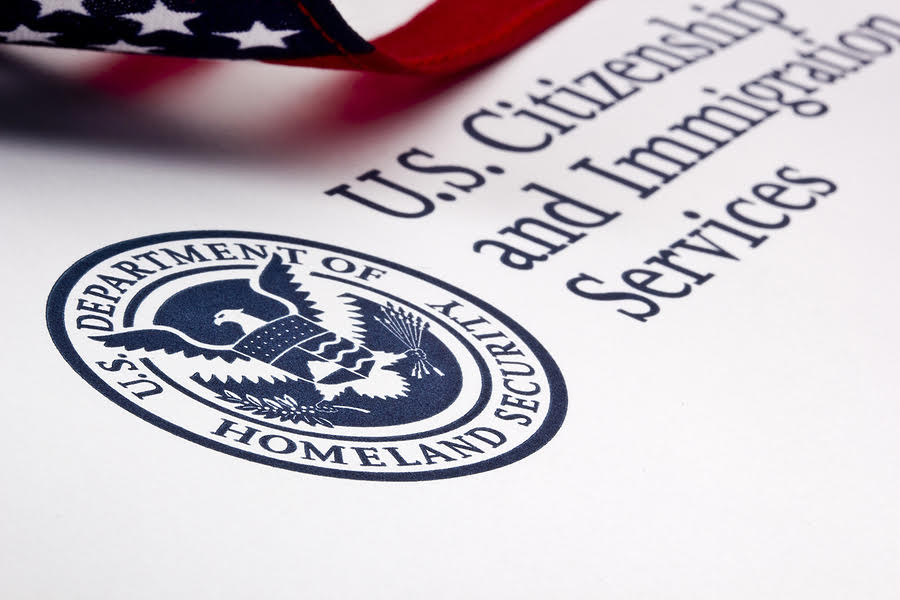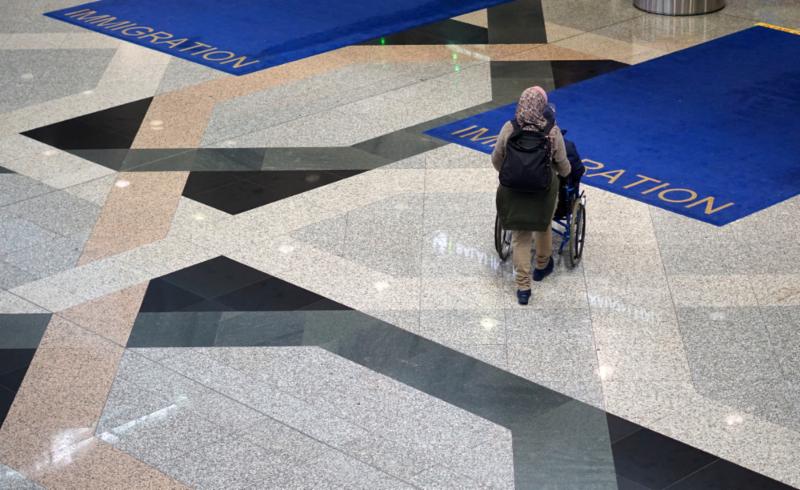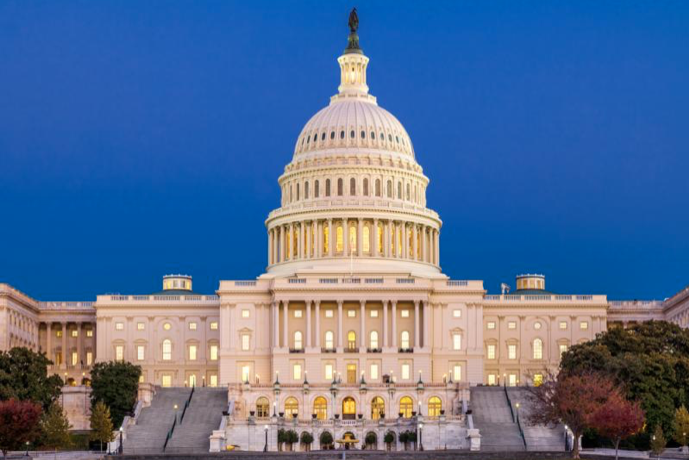August 16, 2021
by Teresa Anderson, Director, Public Policy
First and foremost, I want the French family to know that we continue to hold them in our hearts and admire them greatly for their strength and persistence in pursuing justice for their son and family. In June 2019 Kenneth, a young man with disabilities, and his parents were shopping at Costco in Corona, California (Riverside County) when Kenneth was shot and killed by, then off-duty LAPD officer, Salvador Sanchez. Russell and Paola French, Kenneth’s parents, were also shot and critically wounded during the shooting. This senseless tragedy was made even worse when Riverside County District Attorney Mike Hestrin announced that no charges would be brought against the off-duty officer based on a grand jury’s failure to indict. Hestrin issued a statement saying, in part, that “charges against the officer were not warranted.” The disability community was outraged by such blatant disregard for the life of a young man with disabilities and complete lack of accountability for the officer who killed him. Kenneth was an unarmed young man with a disability who was shot in the back, and his parents were shot while trying to protect him…charges were more than warranted, they were expected.
Failure to hold this officer accountable sent shock waves through the community, moving advocates, families, loved ones, to organize protests, meet with elected officials, and demand a meeting with the Riverside County District Attorney’s Office to find out how the system could have failed this family and the community. Thank you to EVERYONE who wrote letters, signed onto letters, met with elected officials, went to the protest sites (Riverside County and the LAPD), and otherwise expressed your outrage at such a failure of justice. It is because of the strength and persistence of the French family, their loved ones, and the power of advocacy within the disability community that this shooting became so “high profile” that it led the Attorney General to step in and demand justice and accountability.
Historically, officer-involved shootings that result in the death of an unarmed person were investigated by local law enforcement and the District Attorneys. However, Assembly Bill 1506, which became effective July 1, 2021, created a mandate for an independent, statewide prosecutor to investigate and review officer-involved shootings of unarmed civilians, including assessing for potential criminal liability. The intent behind the law is to help build and maintain trust between law enforcement and the community. This is critically important to the disability community because research shows that between 30%-50% of officer-involved shootings involve a person with a disability. The Attorney General’s (AG) decision to charge Mr. Sanchez came about after an independent review of proceedings at the local level and the belief that a crime was in fact committed. The AG’s statement can be read here: https://oag.ca.gov/news/press-releases/attorney-general-bonta-announces-arrest-and-filing-felony-charges-against-duty
We know building trust between the law enforcement community and the disability community will take time and be an on-going process, but we believe the AG stepping in to ensure accountability and justice for the French family is a step in the right direction.





